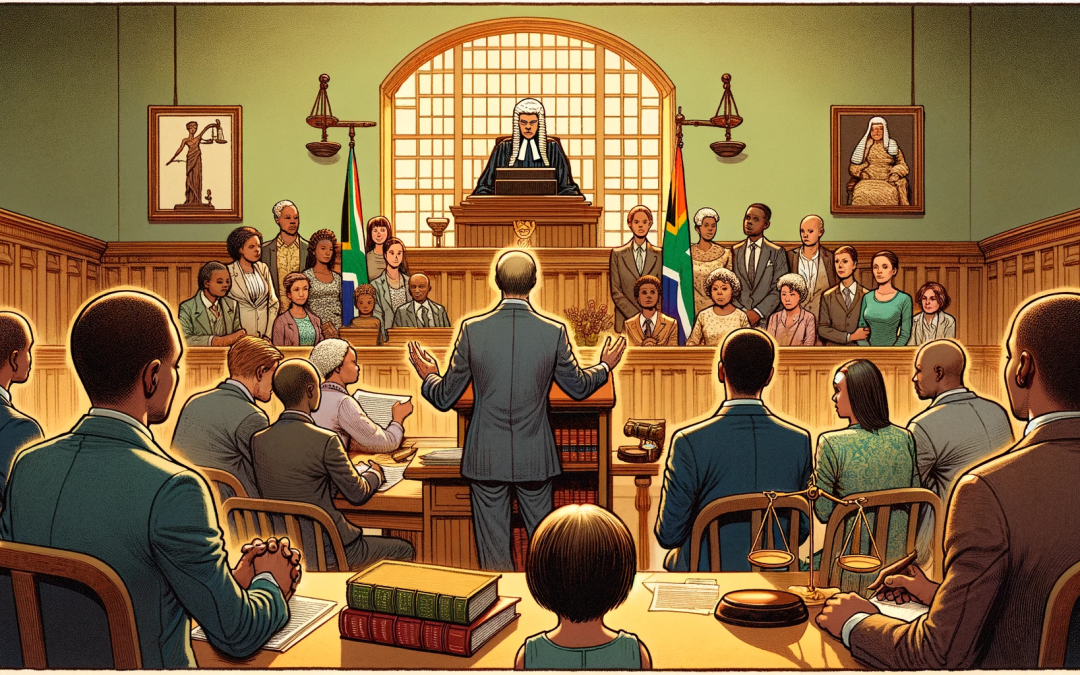Introduction
In a recent judgment by the High Court of South Africa, Gauteng Local Division, Johannesburg (Case No. A018010/2023), the bench delved into the complex dynamics of universal partnerships outside the bounds of marriage. The case between LL (Appellant) and CH N.O. (First Respondent) alongside others raises pivotal questions about the legal recognition of shared lives, assets, and commitments.
Background of the Case
LL sought a declaration that he was in a universal partnership with EH, who passed away on 21 July 2016. He claimed that for many years, they shared assets, responsibilities, and a life akin to marriage, despite EH being legally married to another person until his death. The key dispute revolved around whether their relationship constituted a universal partnership, thus entitling LL to a share in EH’s estate.
Court’s Findings
The court painstakingly analysed the nature of a universal partnership and the essentials required for its establishment. It recognized that such partnerships could exist beyond commercial purposes, often emerging tacitly between unmarried cohabitees. The key elements identified were the contribution of assets, labour, or skill by each party, joint benefit, and the pursuit of material gain (Butters v Mncora 2012 (4) SA 1 (SCA)).
The Judgment (Wilson J)
Judge Wilson, with concurrence from Opperman J and Noko J, concluded that LL and EH did indeed form a universal partnership. LL’s contributions, alongside EH’s, in their shared property ventures and mutual support over the years, satisfied the criteria of a universal partnership. As a result, the court declared that each owned half of the other’s estate from the date of EH’s husband’s death till EH’s demise.
Key Quote from the Judgment
“A partnership exists if each of the parties brings something into the partnership, whether it be money, labour, or skill” – Wilson J (Paragraph 6).
Implications of the Judgment
This ruling underscores the legal system’s evolving recognition of relationships and partnerships outside traditional marriage. It emphasises that the law can adapt to the realities of personal relationships and shared commitments, providing a framework for justice in complex personal circumstances.
FAQs
What is a universal partnership?
- A universal partnership is an agreement between individuals to share their property, gains, and losses, which can be formed expressly or tacitly.
What are the key elements to establish a universal partnership?
- The essential elements include contribution by the parties (money, labor, skill), mutual benefit, and the aim of material gain.
Can a universal partnership exist alongside a formal marriage?
- While complex, a universal partnership can co-exist with a formal marriage, depending on the nature of the assets and the agreement between the parties. In this case, the partnership was considered to have become universal after EH’s husband’s death.
Does cohabitation equate to a universal partnership?
- Cohabitation alone does not automatically create a universal partnership. The court looks into the conduct of the parties to determine if there is an intention to form such a partnership.
What impact does this ruling have on the division of assets?
- The ruling establishes that in a universal partnership, each partner is entitled to a share of assets accumulated during the partnership.










